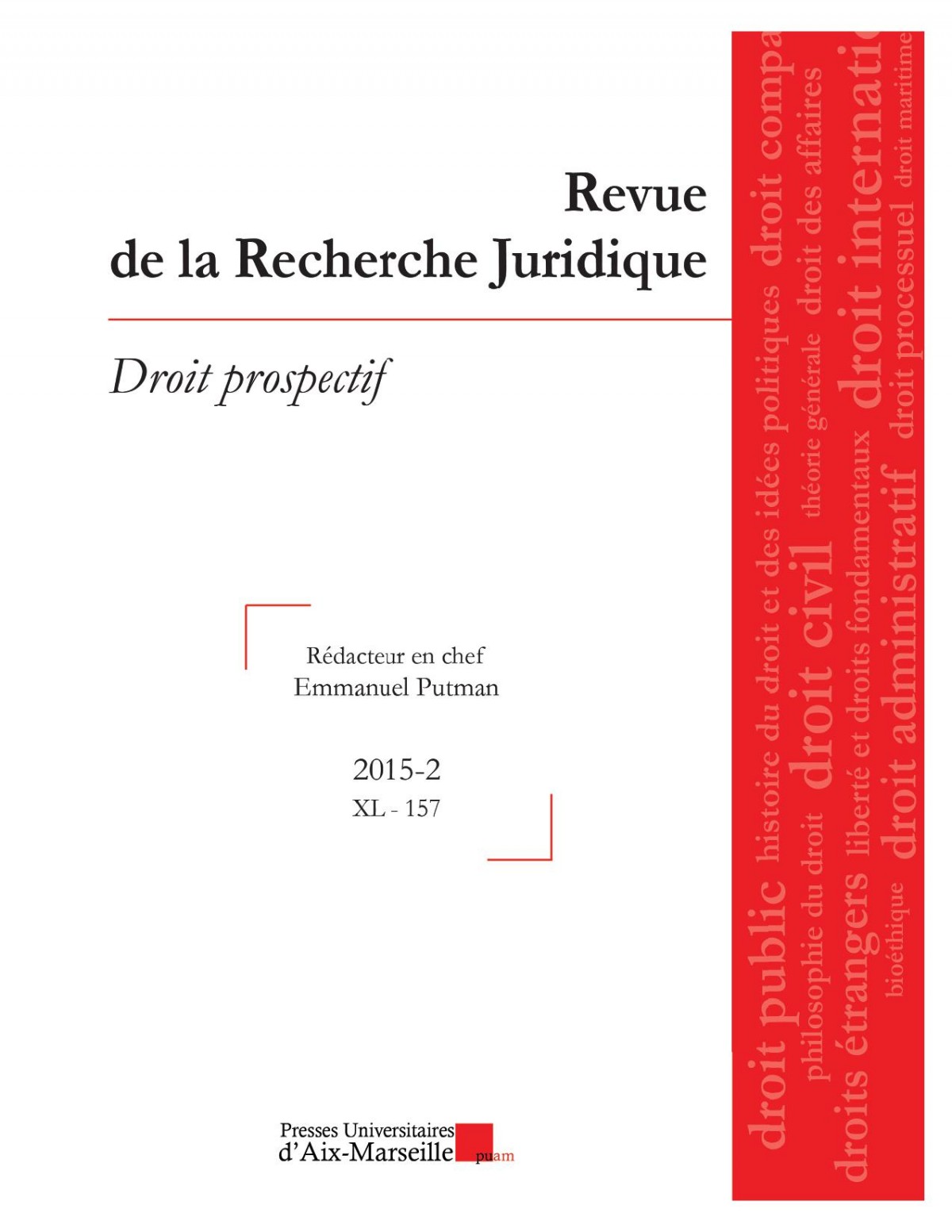Nouvelles diverses
Le Corporate Governance : un incontournable pour les entreprises !
Ivan Tchotourian 8 février 2017
Alon Bebchuk et Robert J. Jackson Jr viennent de publier un texte intéressant intitulé : « The Rise of Corporate Governance » (3 février 2017). Cette étude démontre que la gouvernance d’entreprise est devenue centrale pour les entreprises…
In a recent study, The Rise of Corporate Governance, we put forward and apply a quantitative metric for assessing the increase in the importance of and attention to corporate governance over the past two décades.
In particular, we study the universe of annual proxy statements issued by S&P 500 companies. The annual proxy statement is the critical document that public companies issue to report to shareholders on all matters that the SEC has deemed important for shareholders to know about when making voting decisions at the annual meeting. We begin our analysis in 1994 because this was the year in which the SEC Edgar website started to make all public filings available in an electronic form. Using a Python program, we were able to review the vast number of proxy statements issued by S&P 500 companies during this period.
We document a dramatic increase in the use of the term governance. (We also obtain similar findings for the term corporate governance.) The percentage of companies that use the term governance increased from below 20% to close to 100%. Furthermore, among companies using the term, the average number of mentions per page increased eightfold—from 0.10 to 0.82. The dramatic increase that we document was concentrated during 1994–2004 – with especially steep increases in 2003 and 2004 after the 2002 passage of the Sarbanes-Oxley legislation following the Enron and Worldcom scandals – and the use of governance terms has remained at a high level since then.
We conclude by suggesting three alternative explanations for the documented rise in governance discourse by public companies. We discuss the different implications that each explanation has for the quality of corporate governance arrangements in place. We also identify testable predictions that would enable researchers using our metric to test and distinguish among these explanations.
À la prochaine…
Ivan Tchotourian
autres publications devoirs des administrateurs Gouvernance Normes d'encadrement normes de droit normes de marché Nouvelles diverses objectifs de l'entreprise Valeur actionnariale vs. sociétale
Publication d’un article : L’art de la juste équivalence en droit ou comment traduire « corporate »
Ivan Tchotourian 14 janvier 2016
Bonjour à toutes et à tous, la Revue de Recherche Juridique – Droit prospectif vient de publier un de mes articles intitulé : « L’art de la juste équivalence en droit : Discussion autour du mot « corporate » de l’expression corporate governance« (RRJ 2015-4, p. 455-502).
- Résumé : Alors que le droit donne aux mots une force et une valeur particulières, la traduction contemporaine de l’expression corporate governance suscite la réflexion. Deux aspects de cette traduction de corporate governance doivent à notre sens être dénoncés : d’un côté, l’assimilation portée par la science économique faite entre corporate et firm sans changer expressément les termes (traduction intra-langagière inexacte) et, deuxièmement, la traduction dans le langage français et francophone de corporate par « entreprise » sans tirer les conséquences qui s’imposent (traduction inter-langagière inexacte). Longtemps corpus mysticum du juriste français, le corporate governance est un champ disciplinaire qui doit être investi par les juristes. Malgré la difficulté de la tâche, ces derniers doivent contribuer à identifier le juste équivalent au corporate governance afin de mettre en lumière ce qui constitue les fondations de toute aventure économique : une entreprise qui se trouve placée au cœur de la cité. En s’appuyant sur corporate, cette étude démontre que le juriste dispose déjà de tous les outils intellectuels – telles les théories nord-américaine et française de l’entreprise – pour appréhender parfaitement le corporate governance de demain : un corporate governance qui ne sera pas bâti sur une conception exclusivement contractualiste et réductrice de l’entreprise au service des seuls actionnaires.
- Abstract : As law breaths new life to words, the modern translation of the term “corporate governance” arouses some considerations. Two issues arise from this particular translation of the term “corporate governance” and must be here exposed: first, the mistaken equalization, in the field of economics, of the terms “corporate” and “firm” (same language miswording) and, second, the unconsidered translating, from English to French, of the term “corporate” into the term “entreprise” (different language miswording). Long considered the corpus mysticum of the French jurists, the corporate governance is a field of study that must be vested by these legal experts. Notwithstanding the difficulty of this task, they must contribute to the identification of the right counterpart of corporate governance to bring light to the foundations of every economic venture, a business within the very heart of society. By referring to the term “corporate”, this study proposes that the legal experts have already every intellectual tool (e.g. the North-American theories and French theories) to properly tackle the corporate governance of tomorrow, which is a corporate governance that won’t be leaning on exclusively on the theory of contracts and shareholders supremacy.
Voici le plan de l’article (en exclusivité !) :
- Langue et droit : la force des mots
- Problème de sens : une approche restreinte et critiquable
- Paysage juridique français
- Paysage juridique anglo-américain
- Problème de valeurs : une approche ouverte et souhaitable
- De corporate governance à firm governance : des juristes sous influence
- Critiques d’un glissement sémantique : où est l’équivalent juridique de corporate ?
- Juste traduction et droit : « The law is a profession of words »
À la prochaine…
Ivan Tchotourian

